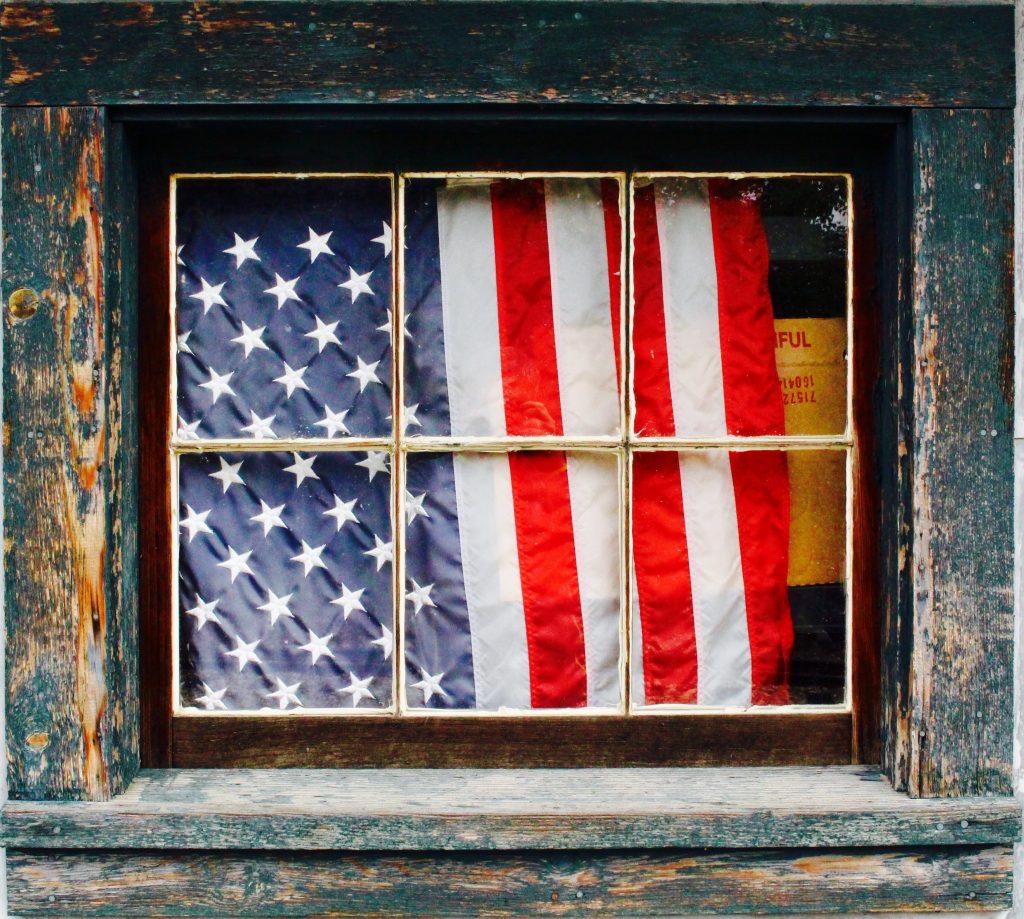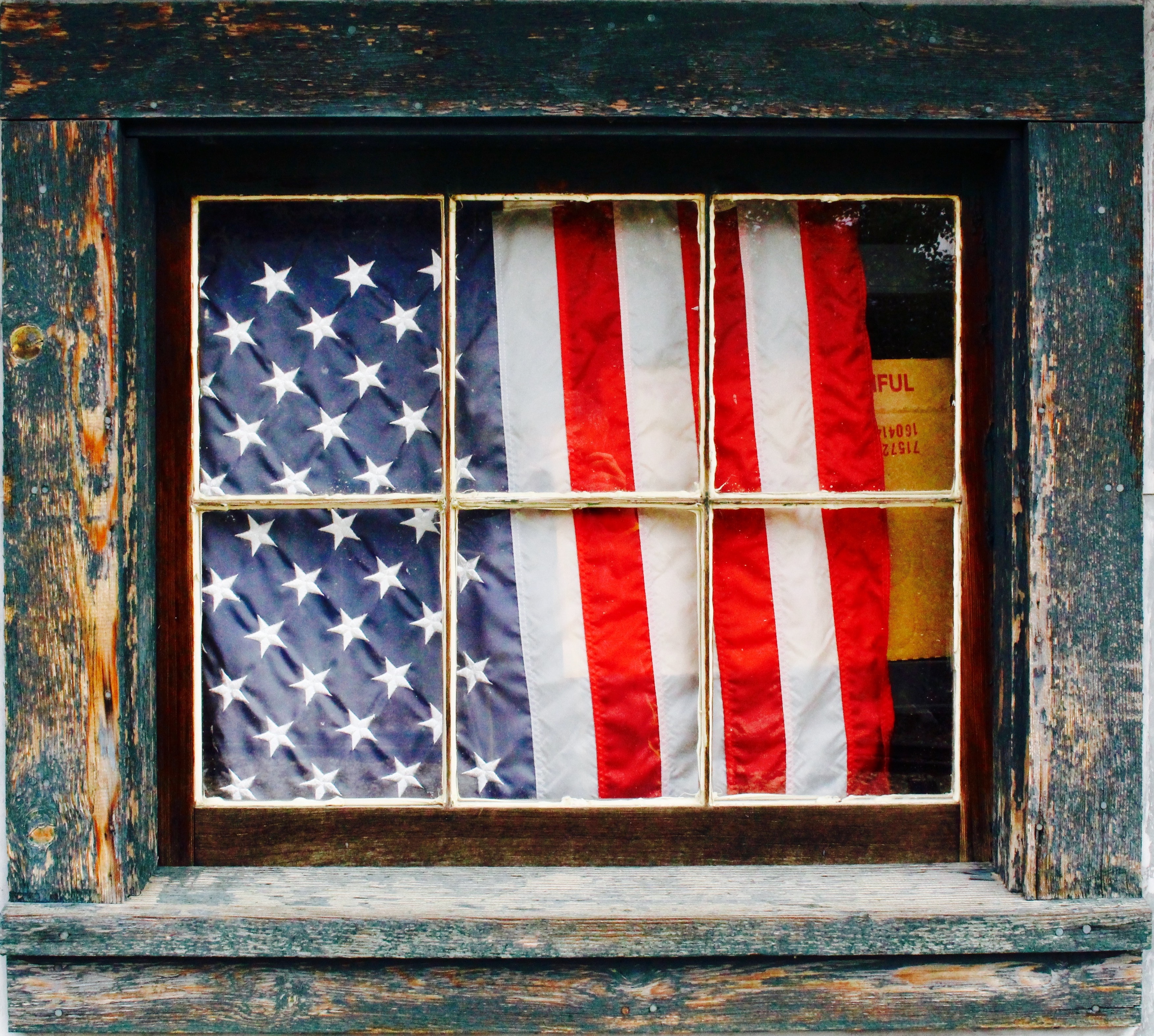
Randy Newman, “Sail Away”
written by Richard Kamins
I’ve listened to music all my life, grew up on AM radio at a time when a good tube radio could pick up AM stations up and down the East Coast, into the Midwest, and in Canada. I really got used to a potpourri of genres, from pop to R&B to country to standards to classical music (WQXR in NYC). The Beatles arrived on the heels of JFK’s assassination and, over the next four years, music seemed to explode. FM became popular (sounded better as well) and programming certainly was a free-for-all. DJs would spin Jimi Hendrix next to Miles Davis next to Jefferson Airplane. By this time, I was augmenting my education by working in a record shop, expanding my listening ten-fold. In the spring of my senior year at UCONN, I came across 12 Songs by Randy Newman. I knew him as a great songwriter, but this album showed he was a unique interpreter of his own material.
Two years later came Sail Away. This was a different album than 12 Songs, with highly orchestrated pieces (all arranged and conducted by Newman), even more politically-pointed material, and his usual soulful, bluesy voice. It’s 1972, I’m married, working full-time, but still collecting records and writing for small publications. I had never heard anything like this title song; “Sail Away”, with its exquisite orchestral arrangement reminiscent of Aaron Copland, is a musical representation of a sales pitch to black Africans to come to America, the land of opportunities.
In America you’ll get food to eat
Won’t have to run through the jungle
And scuff up your feet
You’ll just sing about Jesus and drink wine all day
It’s great to be an American
Ain’t no lions or tigers ain’t no mamba snake
Just the sweet watermelon and the buckwheat cake
Everybody is as happy as a man can be
Climb aboard little wog sail away with me
In America every man is free
To take care of his home and his family
You’ll be as happy as a monkey in a monkey tree
You’re all gonna be an American
And the chorus:
Sail away, sail away
We will cross the mighty ocean into Charleston Bay
Sail away, sail away
We will cross the mighty ocean into Charleston Bay
The song exits on a hypnotic piano phrase but not before the emotional orchestration has pulled the listener in deeper.
The singer is not being sarcastic – this is a sales pitch, after all – and one is drawn in by the plaintive melody and the evocative arrangement. At face value, the singer touts the pluses of being an American:
My younger brain thought this was a brave and funny song. I knew about slavery and the Civil Rights Movement but I did not realize then that there were people in this country who thought slavery was good and that black people weren’t smart enough to do anything else. There are people today, people in power, people who run cities and towns, who still feel that way. One could say that this tune has its roots in the American Minstrel Show (if you listen closely to many of Newman’s more orchestrated pieces, you can hear traces of American musical theater in many).
“Sail Away” taught me the power of music to educate, to point out aberrations that plague our society, to make us think beyond the everyday, and that we are not perfect. People still hide behind the flag; they praise the Constitution even while not understanding anything in the document, who wrote it, and who was it for.
Several years later, Newman would release “Rednecks”, a scathing rebuke of American racist policies in the South and throughout the country. That song deserves a column to itself.
Richard Kamins is a blogger and radio show host, co-leads Readers Theater, and is on the faculty of Quinnipiac University. His music reviews can be found at steptempest.blogspot.com.

Average Rating